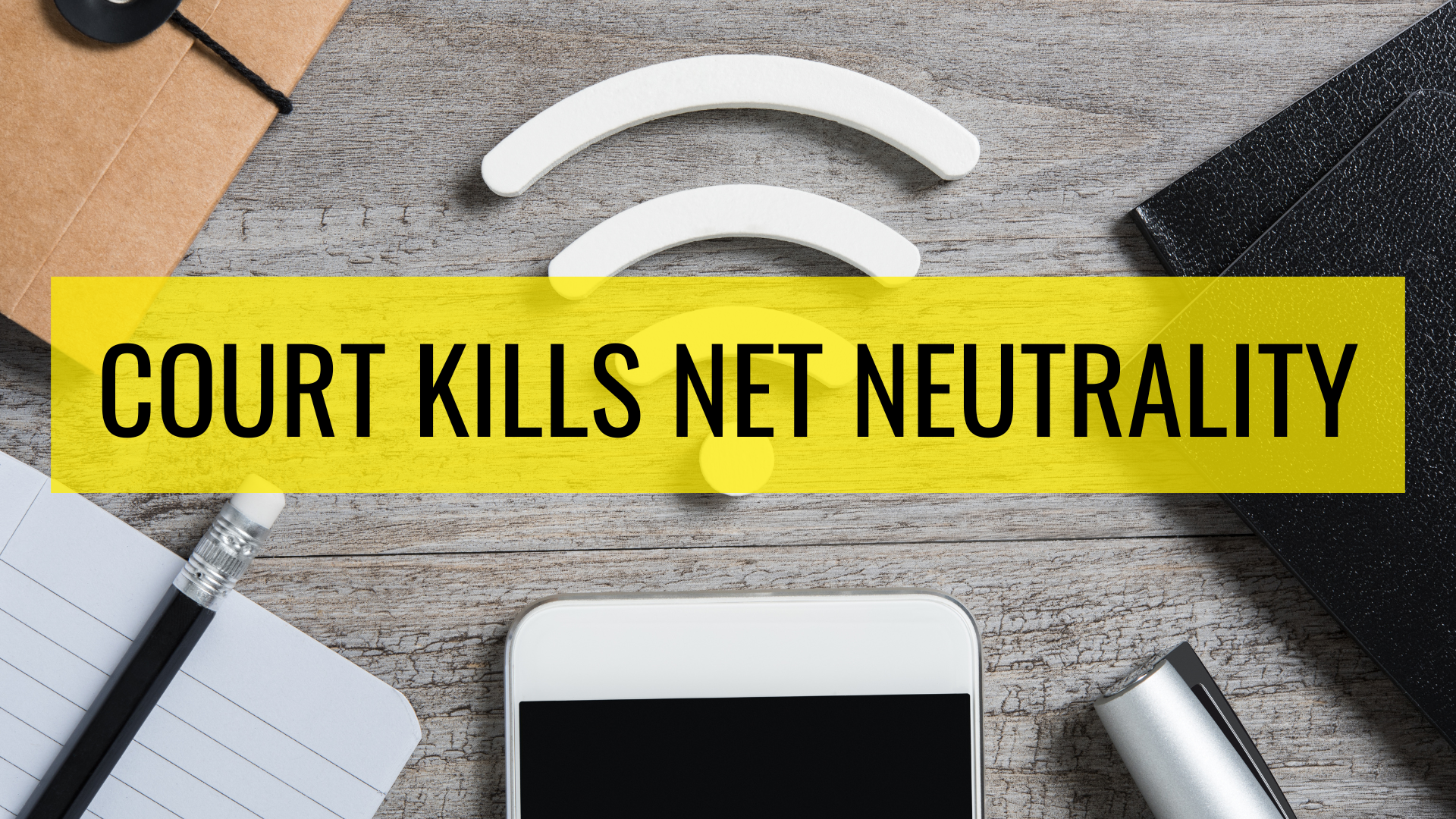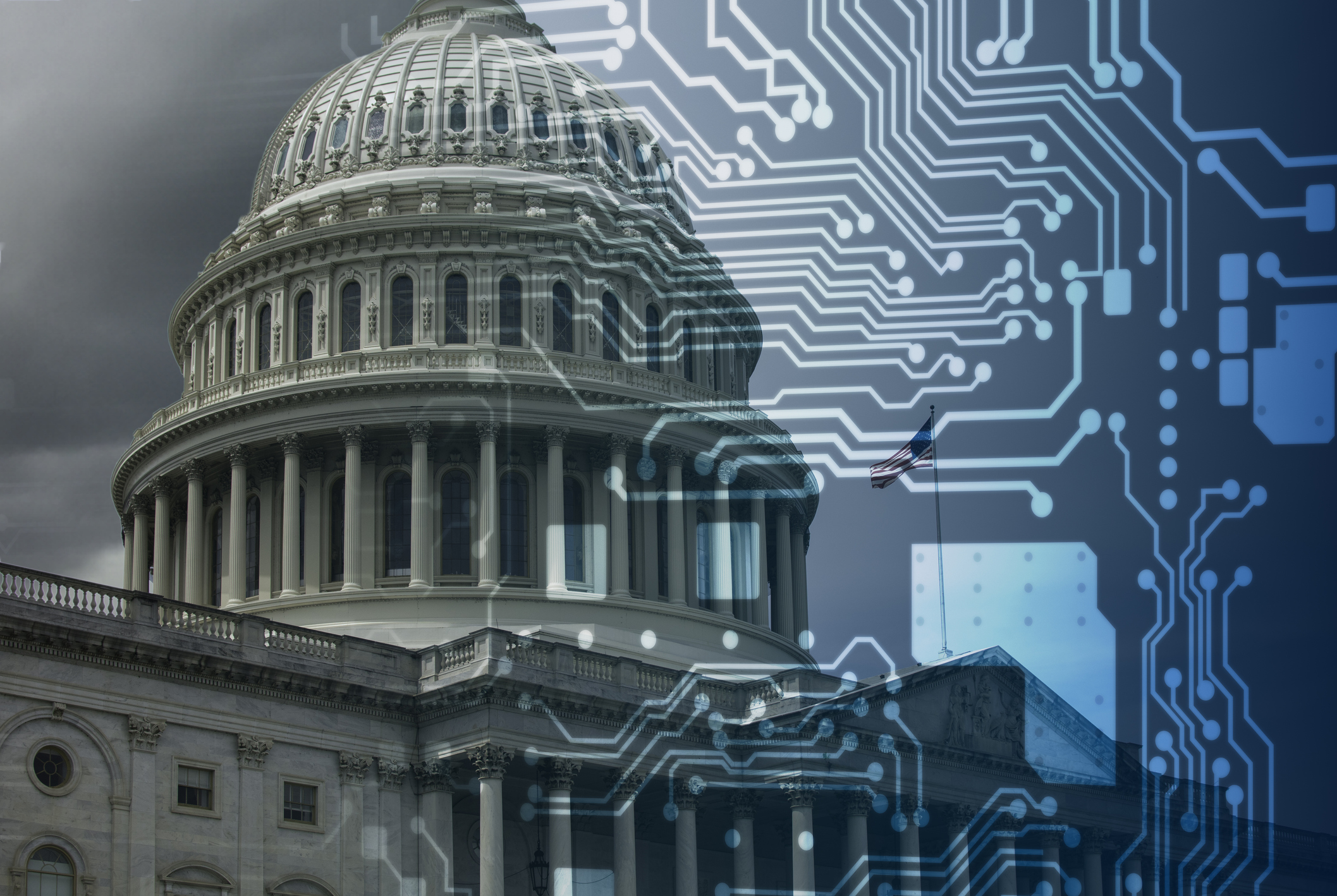Related Articles
The U.S. Court of Appeals for the Sixth Circuit ruled against net neutrality advocates this morning by declaring that internet service providers (ISPs) do not fall under Title II of the Telecommunications Act, invalidating the Safeguarding and Securing the Open Internet Order. The court's decision outlined the history of imposing net neutrality rules on broadband ISPs, ultimately showcasing that prior rulings which upheld the rules had relied upon the Chevron doctrine. With the Loper Bright decision now in effect, the court no longer saw fit to defer to past decisions which had been largely decided based on deference to regulatory agencies "reasonable interpretations," rather than the best interpretation from either party.
This is the first official ruling on the matter since the Loper Bright decision, and without the Chevron deference in play, the court decidedly ruled that the merits of broadband ISPs as Title II utilities was lacking. Since the court is no longer bound to give preference to regulatory interpretations, the better, more consistent, and clear interpretation of the law keeps the internet as a Title I utility, keeping regulations at a "light touch."
This is a positive step for businesses and consumers alike. Heavy-handed rules, like net neutrality, disproportionately crowd out small ISPs and allow large ISPs to become near monopolistic in many areas due to the burden that can be shouldered easier by larger companies. Rather than winning out on merit alone, these rules make bigger, fewer ISPs the default option since the cost of compliance can make it unfeasible for a smaller ISP to operate in a reasonable capacity. Consumers, when not already benefiting from competition, also will retain superior internet access compared to countries with net neutrality-type rules in place, as we saw during the COVID lockdowns.






